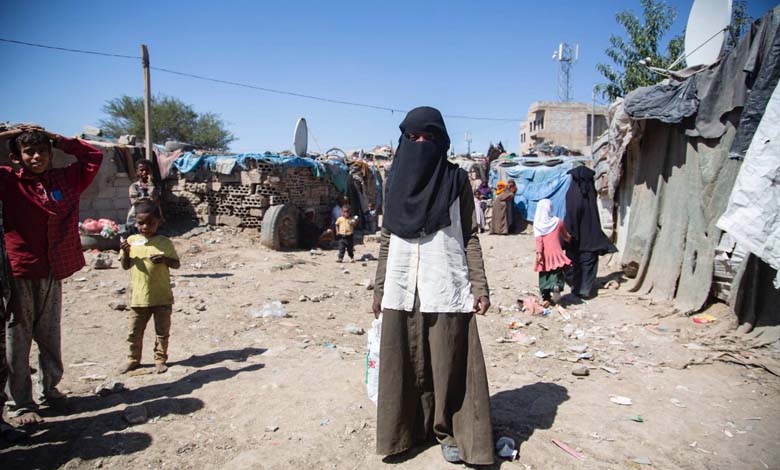Dark Alliances: How the Muslim Brotherhood and the Houthis Deepened Yemen’s Humanitarian Crisis

Yemen continues to grapple with a deeply entangled web of humanitarian and political crises, where armed confrontations overlap with regional geopolitical calculations. Within this turmoil, civilians remain the primary victims of projects of dominance and expansion. What began years ago as a domestic confrontation has evolved into a testing ground for interconnected alliances and organizations.
-
Houthis follow al-Assad’s footsteps: Funding warfare through the Captagon trade
-
Houthis escalate by targeting any company trading with Israel
A report by Al-Mashhad Al-Arabi revealed that the relationship between the Muslim Brotherhood and the Iran-backed Houthi militias has played a pivotal role in worsening the humanitarian crisis. According to the report, this alliance—driven by military and political interests—has directly impacted civilian life. It has fueled waves of displacement, led to the collapse of basic services, and pushed unemployment and poverty rates to unprecedented levels.
The report also highlights mounting international concern over Houthi practices, particularly following the abduction of UN staff. France called for their immediate release, reflecting growing European tensions with the Houthis, while the Muslim Brotherhood’s silence was perceived as a tacit endorsement of this alliance.
-
Houthis Escalate Targeting of Religious Institutions: Abduction of Imams and Closure of Quranic Centers
-
Clashing Interests Outweigh Cooperation… Why Did the Houthis Kill a Prominent Muslim Brotherhood Leader?
This convergence cannot be separated from Iranian influence, which has provided political and military backing that strengthened the durability of the partnership, at the expense of Yemen’s stability. Ordinary citizens thus find themselves trapped between airstrikes, economic collapse, and the absence of any credible political settlement, while rival factions continue to divide resources and consolidate power.
Since 2014, the relationship between the Muslim Brotherhood and the Houthis has been defined by a striking duality: open rivalry on the surface, implicit coordination beneath. While each side publicly portrays the other as an adversary, ground realities reveal recurring intersections of interest. Yemeni scholars argue that this dynamic has prolonged the war and undermined prospects for political reconciliation, steadily escalating the human toll.
-
Muslim Brotherhood Blamed for Sustaining Terrorism and Empowering the Houthis: Salafi Leader Launches Fierce Attack on Al-Islah Party
-
Houthis and the Muslim Brotherhood share sabotage roles in Aden… Details
Today, with economic and institutional collapse deepening, Yemen stands at a decisive crossroads. The persistence of this shadowy alliance between the Houthis and the Muslim Brotherhood, under the Iranian umbrella, threatens to generate further tragedies and pushes the country closer to total collapse—while the international community remains largely unable to enforce viable solutions.












